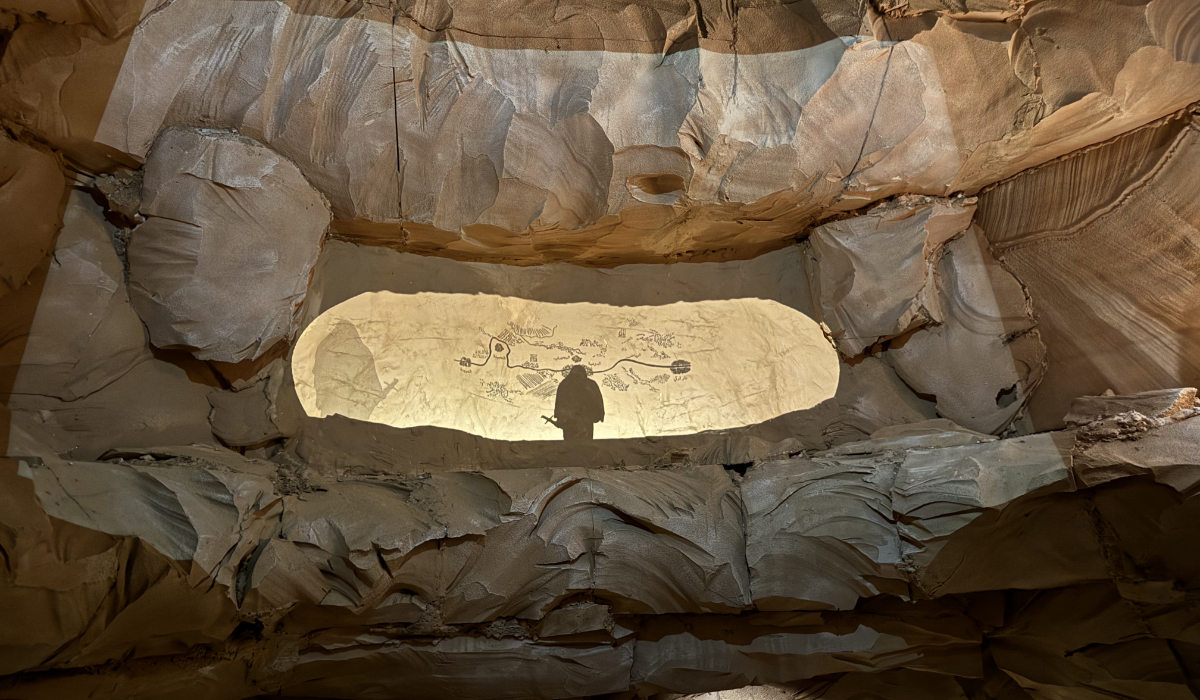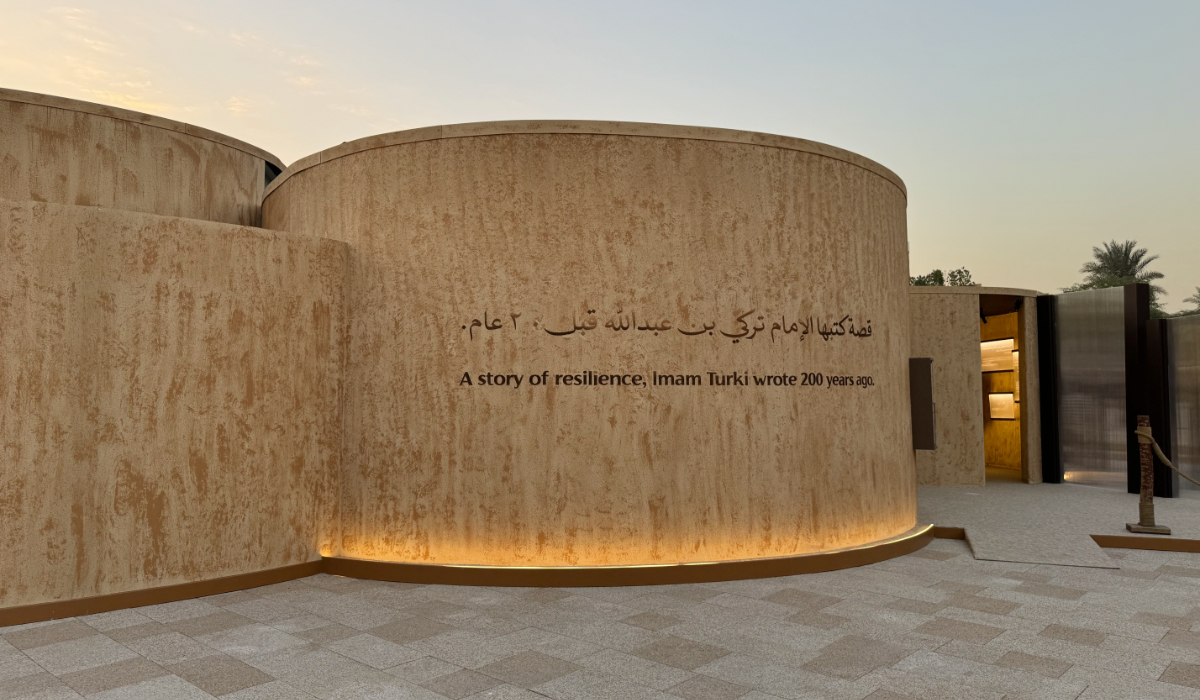PARIS: A French court sentenced eight people to prison terms ranging from one to 16 years for their roles in a hate campaign that culminated in the murder of a teacher who had shown caricatures of the Prophet Muhammad in class, local media reported.
Days after Samuel Paty, 47, showed his pupils the caricatures in October 2020, an 18-year-old Chechen assailant stabbed and beheaded him outside his school in Conflans-Sainte-Honorine, near Paris. The assailant was shot dead by police moments after.
Among those convicted on Friday was the father of a student whose false account of Paty’s use of the caricatures triggered a wave of social media posts targeting the middle-school teacher.
The court sentenced Brahim Chnina to 13 years in prison for criminal terrorist association, according to broadcaster Franceinfo. Chnina had published videos falsely accusing the teacher of disciplining his daughter for complaining about the class, naming Paty and identifying his school.
Abdelhakim Sefrioui, the founder of a hard-line Islamist organization, received a 15-year sentence. Both Sefrioui and Chnina were found guilty of inciting hatred against Paty.
Many Muslims consider any depiction of the Prophet Muhammad to be blasphemous. Sefrioui’s lawyer said his client would appeal the decision, according to French media.
Two associates of Paty’s killer, Abdullakh Anzorov, were also convicted. Naim Boudaoud and Azim Epsirkhanov were sentenced to 16 years in prison for complicity in a terrorist killing. Both had denied wrongdoing, according to Franceinfo.
Last year, a court found Chnina’s daughter and five other adolescents guilty of participating in a premeditated conspiracy and helping prepare an ambush.
Chnina’s daughter, who was not in Paty’s class when the caricatures were shown, was convicted of making false accusations and slanderous comments.
French media reported that the 13-year-old made the allegations after her parents questioned why she had been suspended from school for two days.
Eight convicted in France over murder of teacher who showed Prophet caricature
https://arab.news/8m2mj
Eight convicted in France over murder of teacher who showed Prophet caricature

- Eight sentenced for roles in hate campaign against teacher
- Two associates of killer sentenced to 16 years for complicity, the father of pupil sentenced to 13 years for inciting hatred































